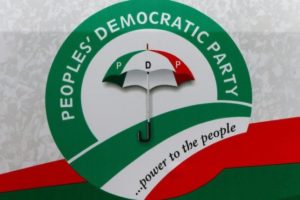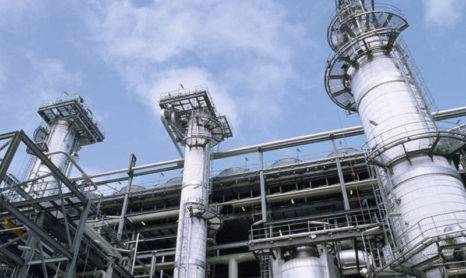The National Grid in Nigeria has collapsed for the third time in less than a week, sparking widespread power outages across the nation. On the morning of Saturday, October 19, millions of Nigerians were once again thrown into darkness, following another failure of the fragile power infrastructure. This recent collapse has deepened the frustrations of citizens and businesses who have been grappling with constant disruptions in electricity supply.
This marks the third grid failure in a span of five days, following similar incidents earlier in the week. On Tuesday, power distribution companies reported a massive grid collapse that left large parts of the country without power. The reoccurring grid failures highlight the ongoing challenges within Nigeria’s power sector, which has struggled to provide consistent electricity despite years of promises and reforms.
Widespread Blackouts: Nigeria’s Power Infrastructure Under Siege
The latest National Grid collapse occurred in the early hours of Saturday morning, disrupting electricity supply to millions of homes and businesses. This comes just days after another significant outage on Monday evening at around 6:48 p.m., which affected several major cities across the country. Power distribution companies have since confirmed the collapse, but details on the exact cause remain unclear.
The repeated failures have reignited debates around Nigeria’s power infrastructure, with critics pointing to aging equipment, insufficient maintenance, and inadequate investments in the sector. Although the country has made efforts to privatize its power industry, the anticipated improvements in electricity delivery have remained elusive, leaving consumers to face erratic supply and frequent outages.
Economic Impact of the National Grid Failures: Business Operations Disrupted
The frequent power outages resulting from these National Grid collapses have taken a toll on Nigeria’s economy, disrupting business operations across sectors. Many businesses, particularly those in manufacturing, banking, and telecommunications, rely heavily on a stable electricity supply to function effectively. With repeated collapses of the National Grid, companies are forced to turn to expensive alternatives like generators, increasing operational costs.
The situation is particularly dire for small and medium-sized enterprises (SMEs) that cannot afford alternative power sources. As businesses grind to a halt, economic losses are piling up, exacerbating Nigeria’s economic challenges. Analysts have warned that without urgent and sustained reforms in the power sector, the country may continue to face severe economic setbacks.
Power Sector Reforms: Long-Standing Promises Unmet
The persistent National Grid collapses have highlighted the deep-seated challenges facing Nigeria’s power sector, despite decades of reform efforts. The government has implemented various policies aimed at improving power generation and distribution, including privatizing the sector in 2013. However, the results have fallen short of expectations, with many distribution companies (DisCos) struggling to maintain and upgrade infrastructure.
Critics argue that the current structure of the power sector is unsustainable, with insufficient investment in critical areas such as transmission infrastructure and renewable energy solutions. As a result, the grid remains vulnerable to breakdowns, leading to frequent blackouts that disrupt daily life and economic activities. The need for comprehensive reforms that address both short-term fixes and long-term sustainability has never been more urgent.
Citizens and Stakeholders Demand Accountability
As the country endures yet another round of blackouts, public frustration has reached new heights. Citizens have taken to social media to express their dissatisfaction with the government‘s handling of the power sector. Many are calling for greater transparency and accountability from the agencies responsible for maintaining the National Grid. The frequent outages are not only affecting livelihoods but also raising concerns about safety, as prolonged power cuts often lead to a spike in criminal activities.
Stakeholders in the power sector, including industry experts and civil society organizations, have also weighed in, urging the government to prioritize infrastructure improvements and establish clear lines of responsibility. With the 2024 elections approaching, power supply has become a key issue on the political agenda, as the public demands tangible solutions to the country’s energy crisis.
What Lies Ahead: Can Nigeria Stabilize Its Power Supply?
The recurring National Grid collapses have raised questions about Nigeria’s ability to stabilize its power supply in the long term. While short-term fixes, such as emergency repairs and load shedding, may offer temporary relief, experts emphasize the need for more robust investments in infrastructure and renewable energy sources. Expanding the energy mix, including greater adoption of solar and wind energy, is seen as a critical step toward ensuring a more reliable power supply.
In the meantime, the Nigerian government has announced plans to investigate the recent collapses and introduce measures to prevent future occurrences. However, the success of these efforts will depend on the political will to implement structural changes in the power sector and address the root causes of the persistent failures. With mounting pressure from both citizens and industry, the need for a comprehensive overhaul has become increasingly urgent.
Table of Contents
Discover more from OGM News NG
Subscribe to get the latest posts sent to your email.













